Showcasing generated sample outputs of our AI models trained from months of crowdsourced inputs from all CAADRIA 2024 participants through our ‘Co-Create Our Key Visual’ online experiment.
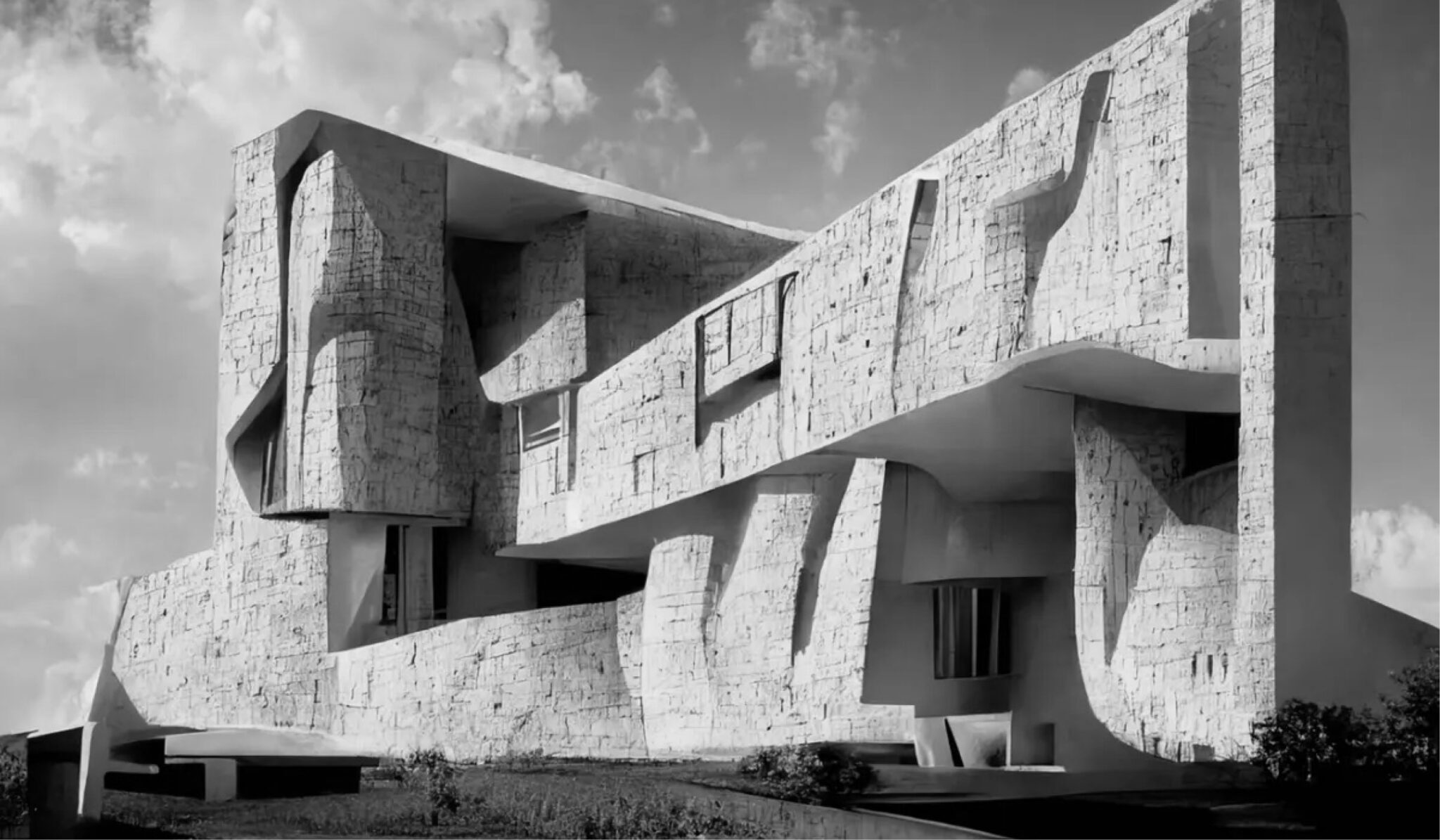
SCHEDULE
AI-NITE keynote and roundtable REGISTRATION
AI- NITE GUEST-OF-HONOUR
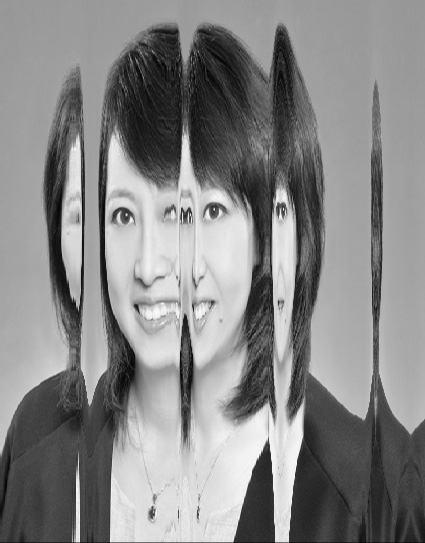
Chee Su Eing
Founder and Director of D’Perception Pte Ltd
Managing Director of D’Perception Ritz Pte Ltd
President, Design Business Chamber Singapore
Chee Su Eing, a pioneering figure in Singapore’s design landscape, notably serves as the first female President of Design Business Chamber Singapore (DBCS) in its 36-year history. As Founder and Director of D’Perception Pte Ltd and Managing Director of D’Perception Ritz Pte Ltd, she spearheads full-suite interior design ventures across Singapore and Asia, acclaimed for their excellence in residential, social, and hospitality interior architecture. With over two decades of expertise, she champions innovative design solutions and has served as a juror for various prestigious design awards. Su Eing is deeply committed to leveraging design for societal and business impact, exemplified through her leadership at DBCS. Under her guidance, DBCS actively fosters partnerships and collaborations with major design players, positioning itself at the forefront of discussions on cutting-edge topics such as AI and sustainability. Through these initiatives, Su Eing and DBCS drive forward the dialogue on how design can shape a more sustainable and technologically advanced future.
KEYNOTE
19:10
LOCATION

This lecture navigates the intersectional study of AI for architectural design and robotic fabrication, a union encounting the future of architecture in the post-humanistic era. Amidst global challenges, it urges a re-evaluation of the relationship between globalization and locality, advocating for the integration of globalized technologies into localized practices. The production paradigm and knowledge landscape of architecture are being reshaped by crafting robotics for architectural intelligence. As the field of design and practice transits into a new era of flourishing development of intelligent and autonomous technologies, it becomes imperative for architectural academia to redefine the symbiotic relationships between humans and technology. We’ll delve into the ‘symbiotic’ intelligence, aiming to rethinking on global warming and new paradigm shift under the influence of future technologies.
Based on research and practice, the discussion will illustrate how this symbiotic relationship can drive innovative, sustainable solutions, and transform the socio-cultural, industrial economics, and environmental resiliency. We are aiming to inspire architects to blur the lines among architects, artifacts, and social processes, contributing to a new understanding of architecture in the post-humanistic era.
AI-NITE KEYNOTE SPEAKER
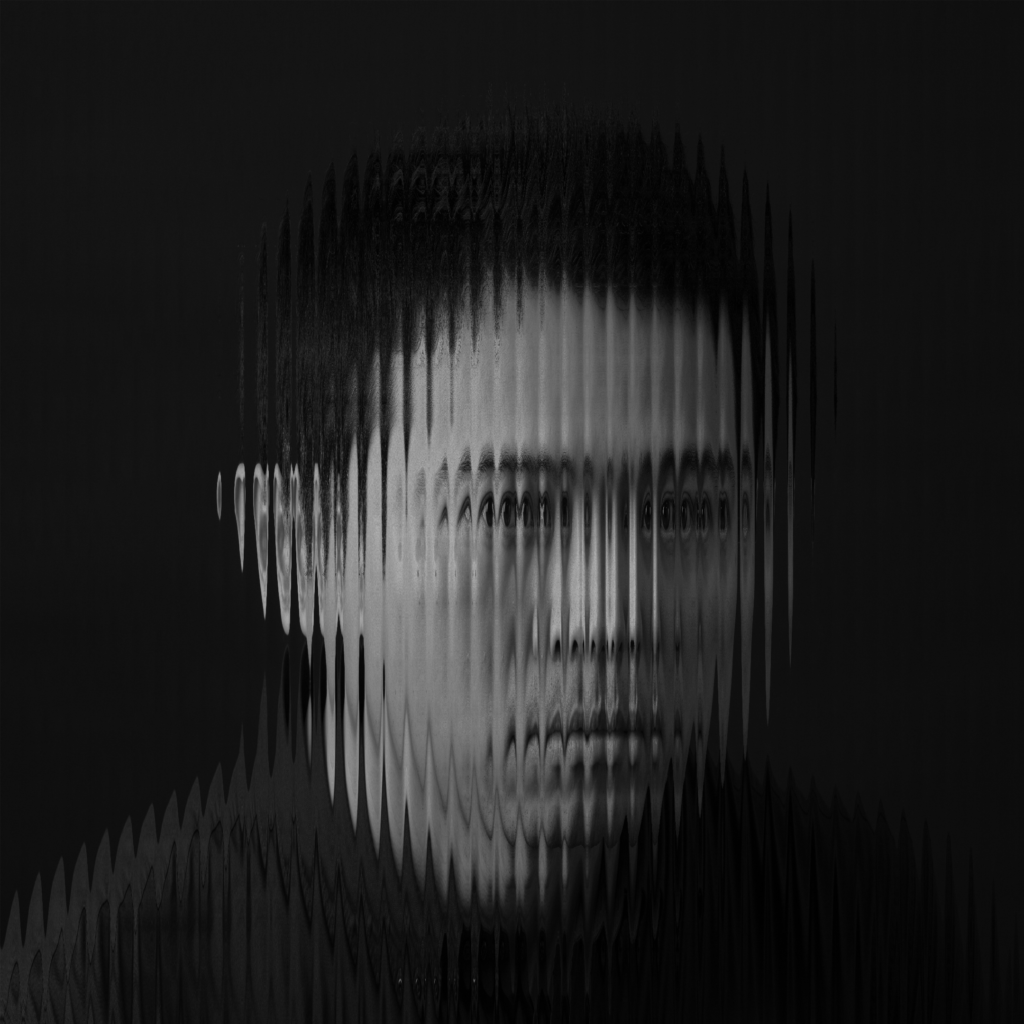
IMMANUEL kOH
Director | Artificial-Architecture
assistant professor | singapore univeristy of technology and design
Immanuel Koh is the founder and director of Artificial-Architecture. He is an Assistant Professor in Architecture & Sustainable Design (ASD) and Design & Artificial Intelligence (DAI) at the Singapore University of Technology & Design (SUTD) where he leads research and teaching at the intersection of AI and Architecture. Trained at the Architectural Association (AA) in London and holds a PhD from the School of Computer Sciences and Institute of Architecture at the École polytechnique fédérale de Lausanne (EPFL), he is a pioneer in AI x Architecture who operates in an original and trans-disciplinary way. He is the Principal Investigator for several funded AI research projects with support from, among others, the National Research Foundation (NRF), Ministry of Defence (MINDEF), National Arts Council (NAC), AI Singapore (AISG), DesignSingapore Council (DSG), Urban Redevelopment Authority (URA), DSO National Laboratories, Temasek Laboratories, Hokkien Foundation, Sunray Woodcraft Construction, and National Supercomputing Centre (NSCC). Immanuel is an expert consultant at the ZJU-BOSIDENG Joint Research Centre on AI Design and currently conducts research for high-profile architecture practices such as Zaha Hadid Architects (London) and MVRDV (Rotterdam) in developing custom state-of-the-art deep learning models. He has also published and exhibited widely, ranging from AAAI, ICCV, CVPR, NeurIPS and AD to Singapore’s Arts House, Venice Architecture Biennale, and V&A Museum; and taught internationally such as at UCL, RCA, Bauhaus Dessau, Harvard GSD, and Strelka. Immanuel co-founded Neural Architecture Group, directs DesignerlyAI, and is the author of the book ‘Artificial & Architectural Intelligence in Design’ published in 2020.
ai-nite ROUNDTABLE ‘Accelerated practice’
20:00
NATIONAL DESIGN CENTER AUDITORIUM
This lecture navigates the intersectional study of AI for architectural design and robotic fabrication, a union encounting the future of architecture in the post-humanistic era. Amidst global challenges, it urges a re-evaluation of the relationship between globalization and locality, advocating for the integration of globalized technologies into localized practices. The production paradigm and knowledge landscape of architecture are being reshaped by crafting robotics for architectural intelligence. As the field of design and practice transits into a new era of flourishing development of intelligent and autonomous technologies, it becomes imperative for architectural academia to redefine the symbiotic relationships between humans and technology. We’ll delve into the ‘symbiotic’ intelligence, aiming to rethinking on global warming and new paradigm shift under the influence of future technologies.
Based on research and practice, the discussion will illustrate how this symbiotic relationship can drive innovative, sustainable solutions, and transform the socio-cultural, industrial economics, and environmental resiliency. We are aiming to inspire architects to blur the lines among architects, artifacts, and social processes, contributing to a new understanding of architecture in the post-humanistic era.
ai-nite SPEAKERS
Nicole Gardner
Chair
The University of New South Wales
Australia
Lorem ipsum dolor sit amet, consectetur adipiscing elit. Suspendisse vel sapien lacinia massa vehicula eleifend. Phasellus tincidunt nunc turpis, vel fringilla libero malesuada ac. Proin at mauris eget ex lacinia aliquet eu id lorem. Curabitur vel mi orci. Aliquam erat volutpat. Aliquam sed bibendum felis. Mauris finibus, dui sit amet aliquet efficitur, mauris nunc blandit risus.
Christiane M Herr
Southern University of Science and Technology
China
Lorem ipsum dolor sit amet, consectetur adipiscing elit. Suspendisse vel sapien lacinia massa vehicula eleifend. Phasellus tincidunt nunc turpis, vel fringilla libero malesuada ac. Proin at mauris eget ex lacinia aliquet eu id lorem. Curabitur vel mi orci. Aliquam erat volutpat. Aliquam sed bibendum felis. Mauris finibus, dui sit amet aliquet efficitur, mauris nunc blandit risus.
Nicole Gardner
Chair
The University of New South Wales
Australia
Lorem ipsum dolor sit amet, consectetur adipiscing elit. Suspendisse vel sapien lacinia massa vehicula eleifend. Phasellus tincidunt nunc turpis, vel fringilla libero malesuada ac. Proin at mauris eget ex lacinia aliquet eu id lorem. Curabitur vel mi orci. Aliquam erat volutpat. Aliquam sed bibendum felis. Mauris finibus, dui sit amet aliquet efficitur, mauris nunc blandit risus.
Christiane M Herr
Southern University of Science and Technology
China
Lorem ipsum dolor sit amet, consectetur adipiscing elit. Suspendisse vel sapien lacinia massa vehicula eleifend. Phasellus tincidunt nunc turpis, vel fringilla libero malesuada ac. Proin at mauris eget ex lacinia aliquet eu id lorem. Curabitur vel mi orci. Aliquam erat volutpat. Aliquam sed bibendum felis. Mauris finibus, dui sit amet aliquet efficitur, mauris nunc blandit risus.
Nicole Gardner
Chair
The University of New South Wales
Australia
Lorem ipsum dolor sit amet, consectetur adipiscing elit. Suspendisse vel sapien lacinia massa vehicula eleifend. Phasellus tincidunt nunc turpis, vel fringilla libero malesuada ac. Proin at mauris eget ex lacinia aliquet eu id lorem. Curabitur vel mi orci. Aliquam erat volutpat. Aliquam sed bibendum felis. Mauris finibus, dui sit amet aliquet efficitur, mauris nunc blandit risus.
Christiane M Herr
Southern University of Science and Technology
China
Lorem ipsum dolor sit amet, consectetur adipiscing elit. Suspendisse vel sapien lacinia massa vehicula eleifend. Phasellus tincidunt nunc turpis, vel fringilla libero malesuada ac. Proin at mauris eget ex lacinia aliquet eu id lorem. Curabitur vel mi orci. Aliquam erat volutpat. Aliquam sed bibendum felis. Mauris finibus, dui sit amet aliquet efficitur, mauris nunc blandit risus.
ai-nite ROUNDTABLE PROFILES
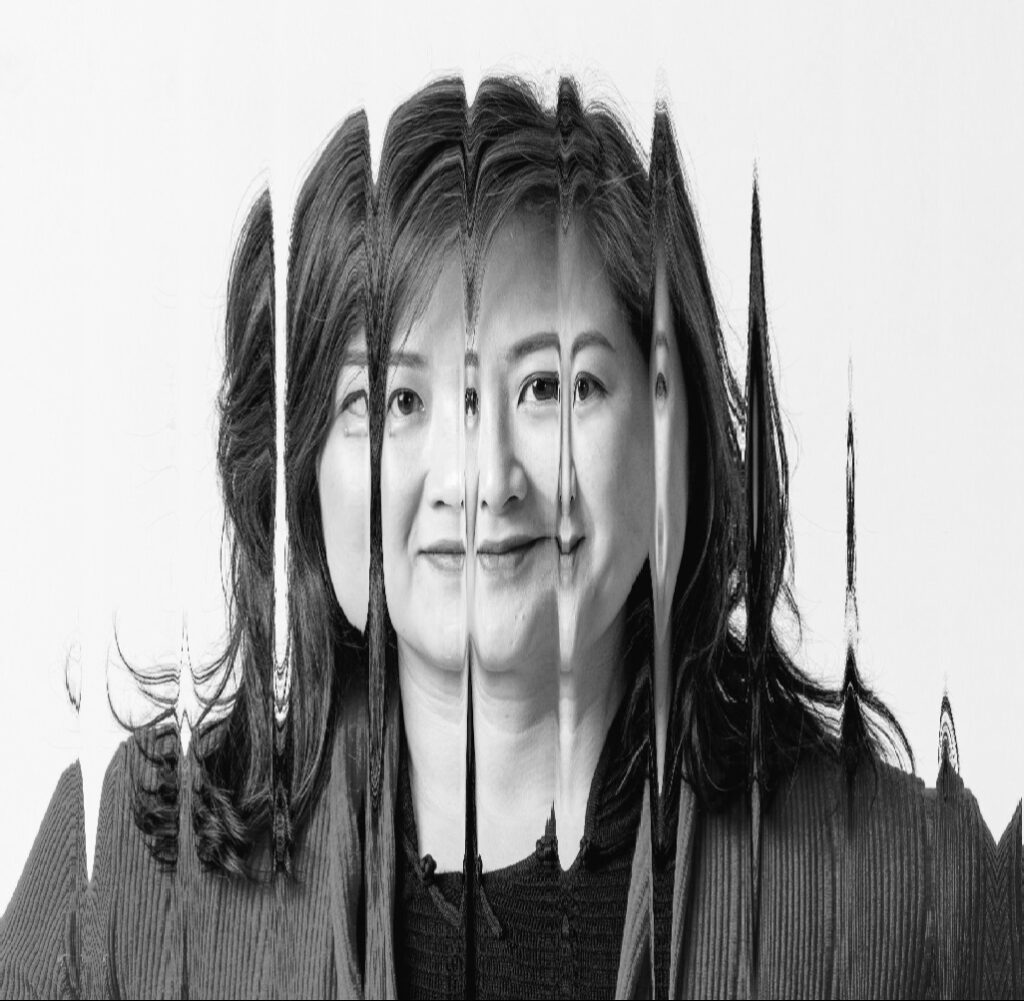
Hui Min Chan
Director and the Head of Green Well Tech at DP Architects
Green-Well-Tech (GWT) is DP Architects’ strategic initiative to drive growth and excellence throughout its business thrusts and unify its actions and capabilities toward innovative and sustainable solutions. As part of her role, she also oversees DPA’s Smart Sustainability Unit, which extends the core business into tech-related business lines.
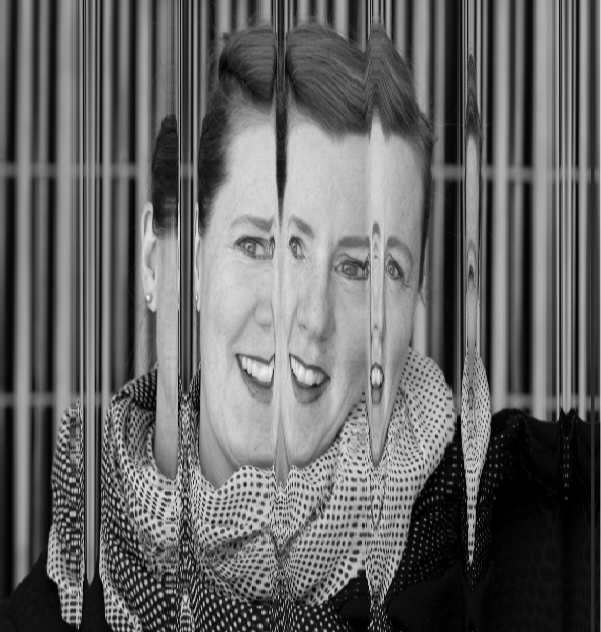
Pia Fricker
Professor of Practice in Computational Methodologies in Landscape Architecture and Urbanism, ,
Vice Head of Department, Aalto University Finland, School of Arts, Design and Architecture.
Prof. Dr. Pia Fricker, is a leading expert in computational methodologies for landscape architecture and urbanism. Her pioneering work utilizes diverse AI-driven computational methods to tackle pressing challenges in urban design amidst the accelerating climate crisis and technological advancements. With a focus extending beyond the human-centered paradigm, Fricker’s internationally showcased research redefines trajectories for architecture in the era of artificial intelligence and environmental transformation.
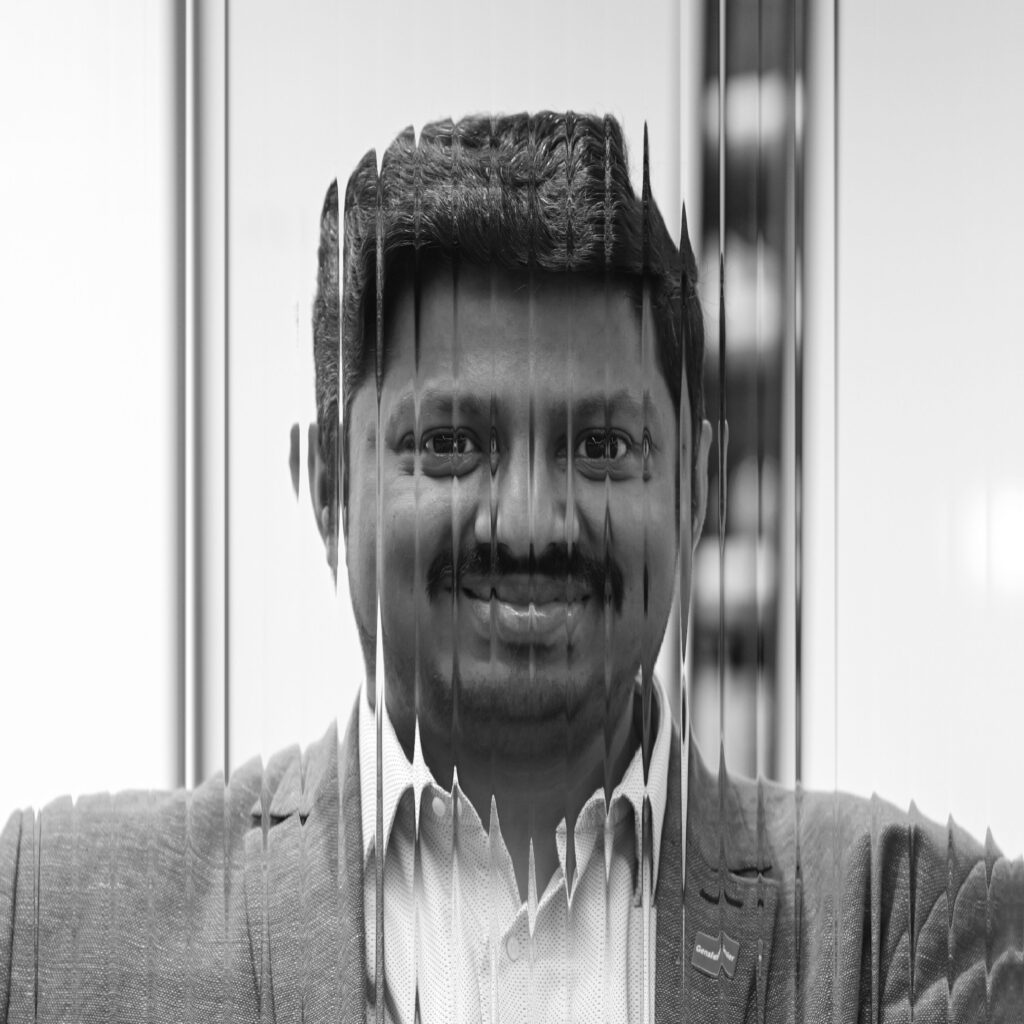
VIGNESH KAUSHIK
MArch., ASIA, AIIA,
Principal & Regional Design Technology Director at Gensler
Vignesh leverages his passion for people empowerment, process development and technological innovation to lead the digital transformation of the Gensler practice, which covers multiple typologies, complexities and scales across different sectors in the APME and GC regions. The main mission of the community he leads is to create an advanced, sophisticated and futuristic experience for designers and clients through generative design, computational systems, visualization and software development. He has taught advanced computational design in many institutions in Southeast Asia and strongly believes in the mission of crafting incredible human experiences – through design, technology and storytelling.
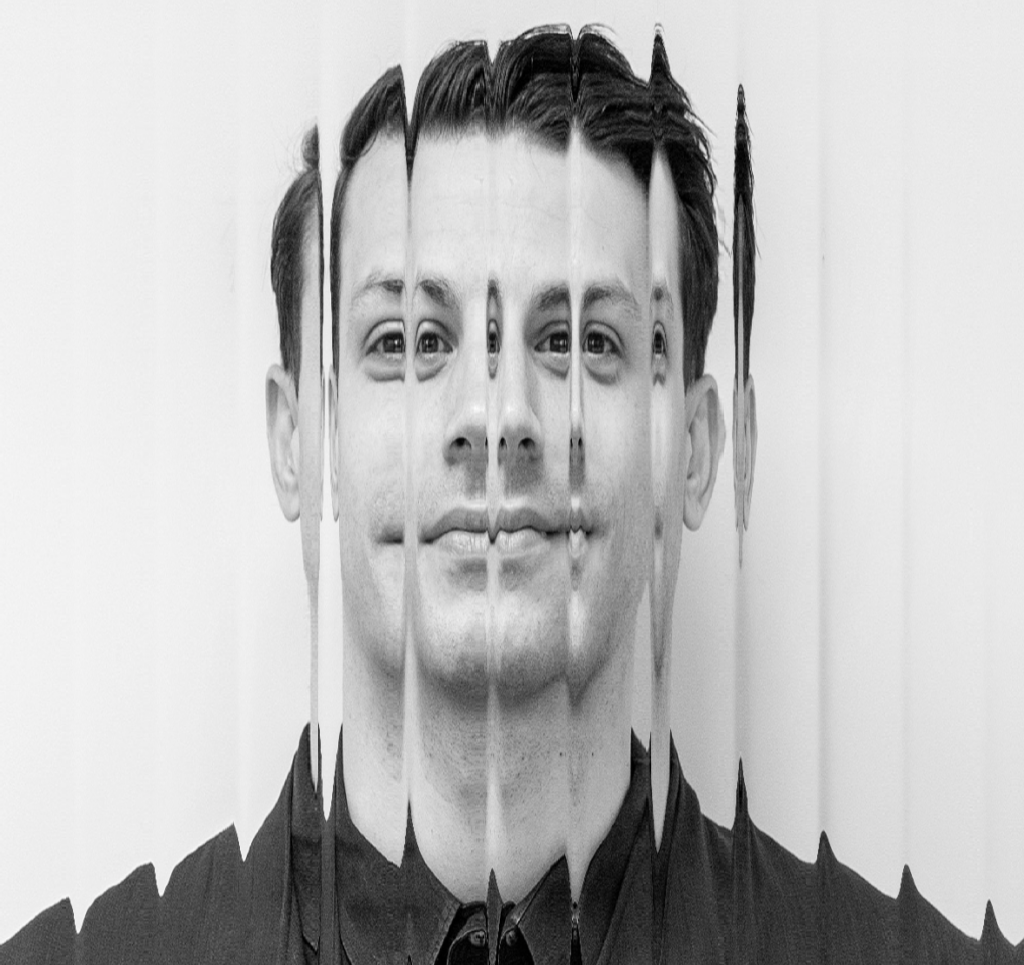
Marios Tsiliakos
Partner | Applied R+D, Foster+Partners
Lecturer | Bartlett School of Architecture, UCL
Marios is a Design Systems Analyst and Partner at the Applied R+D team at Foster+Partners, expanding the boundaries of applied computation and problem solving for AEC industry. Specializing in complex geometry, performance driven design, and interoperability, he leads the development of F+P’s in-house interoperability tool. He holds the Lecturer’s position at the Bartlett School of Architecture, UCL, and with teaching experience gained for more than a decade across several institutions – such as the AA and University of Innsbruck– Marios’ research has achieved global recognition
Linkedin : https://www.linkedin.com/in/mtsiliakos/
Twitter : https://twitter.com/mariostsiliakos
Instagram : @marios_t
covener

EVA CASTRO
ACKNOWLEDGEMENT
Special thanks to our Venue Partners for their support.
